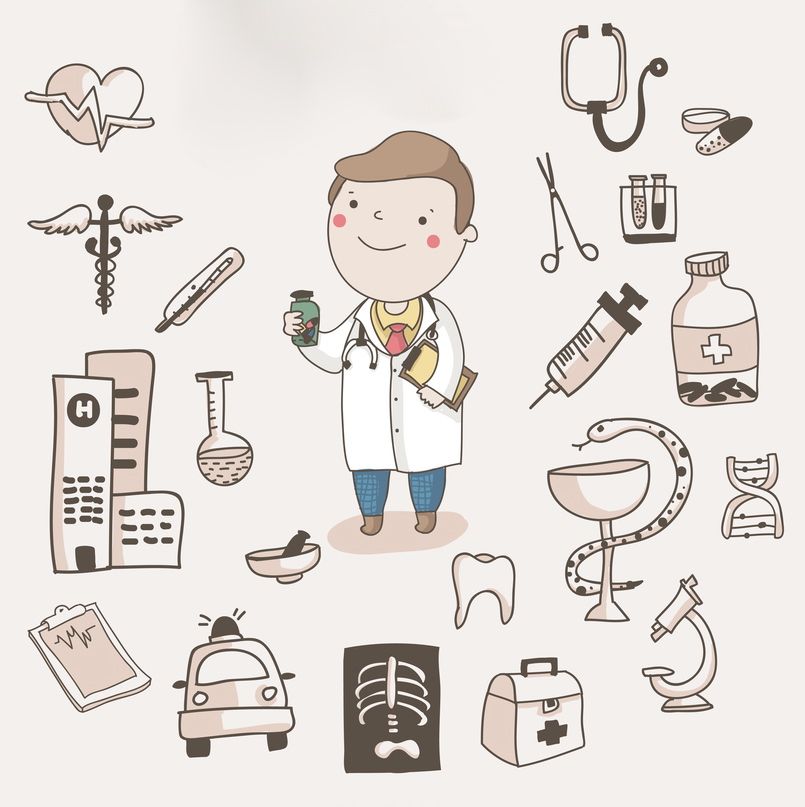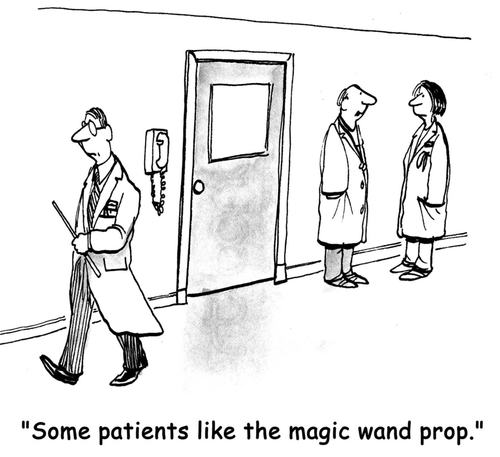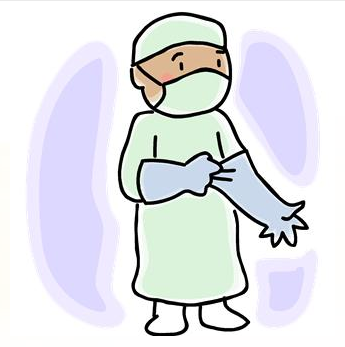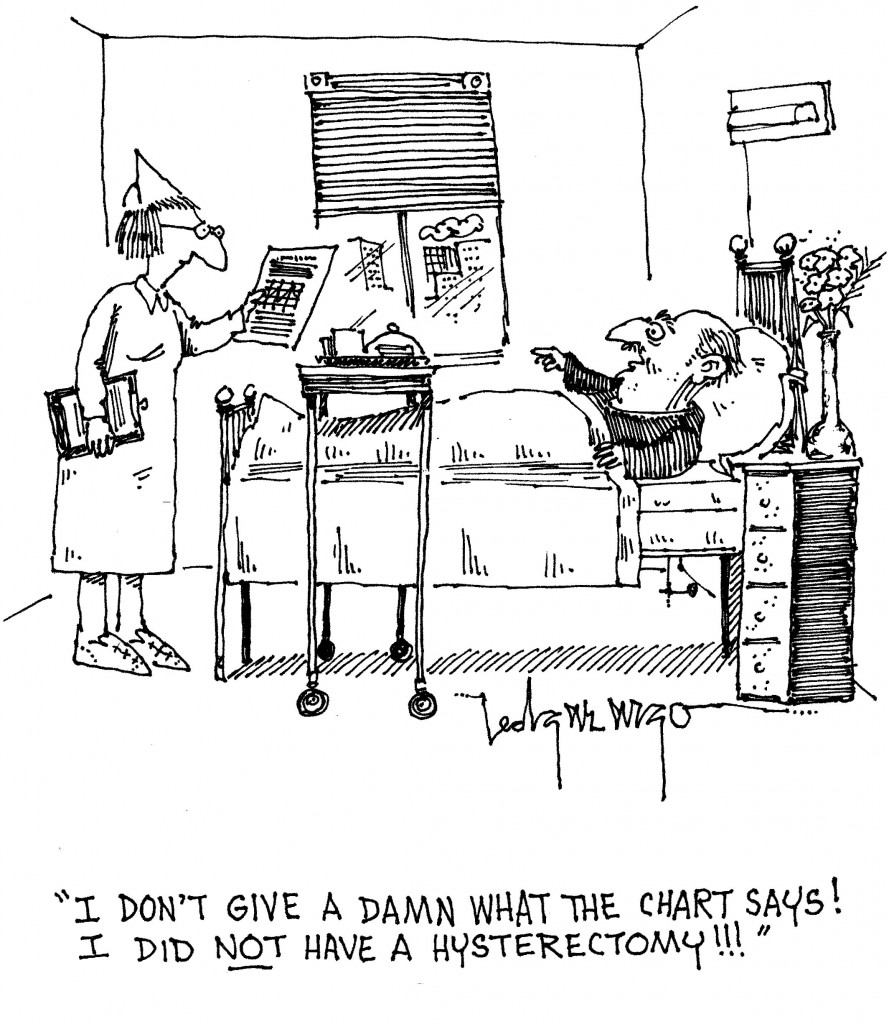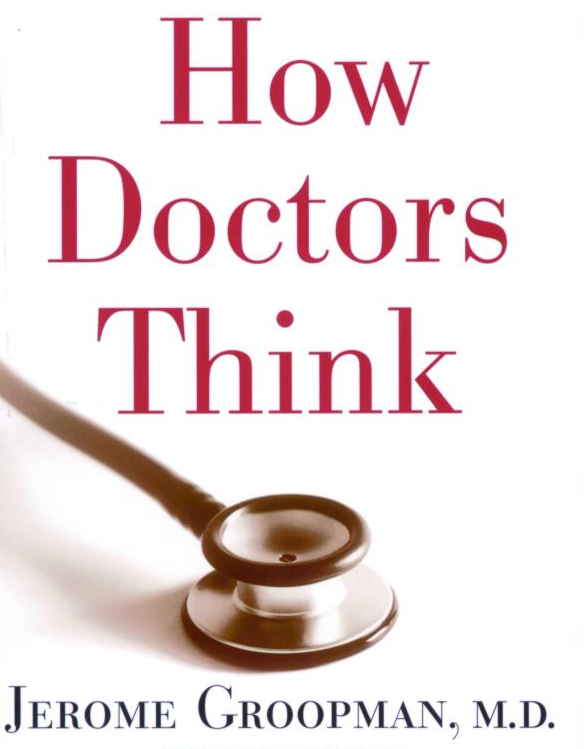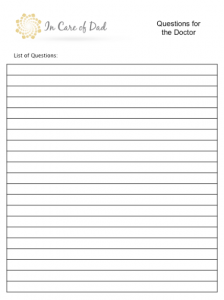by Kim Keller
Dr. Leana Wen’s interest in bringing transparency to the medical profession began back in 2003, when she was still a medical student.
Leana’s mom, Sandy, had been diagnosed with stage IV breast cancer, which had already spread to her lungs, her bones and her brain. During her third round of chemo, Sandy happened to misplace her address book, so she went online to look up her oncologist’s phone number, and that’s when she discovered that her oncologist was also a highly paid speaker for the drug company that manufactured her prescribed chemo regimen.
Sandy called her daughter in a panic. It made her question her treatment plan. Is the chemo regimen right for me, she wondered? Or is it being prescribed because of my doctor’s financial relationship with this particular drug company?
Leana and her mother weren’t sure what to believe, but the answer was almost secondary. “When it comes to medicine,” Dr. Wen explained, “having that trust is a must, and when that trust is gone, then all that’s left is fear.”
Wen has enjoyed a long and varied career, serving in many capacities, both as a physician and public health official, including, most recently, as the Commissioner of Public Health in Baltimore, MD. And in all her various positions, Wen has discovered that many doctors share that same fear she described above. The absence of trust is by no means restricted to the patient population.
Indeed, there was an incident that left a great impression on Wen during her medical school years. She was caring for a 19-year old boy in a coma, whose body had undergone enormous trauma when he was hit by an SUV. The young man’s parents had immediately flown in from Seattle, traveling some 2,000 miles to be with their son in the hospital. The parents obviously wanted to receive as much information from the medical team as possible. In fact, they asked to be present when the medical team was doing rounds in order to help the parents understand exactly what was happening with their comatose son.
Continue Reading
